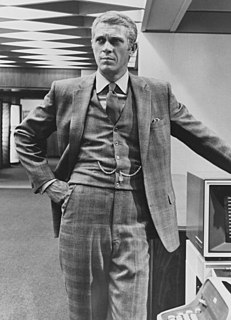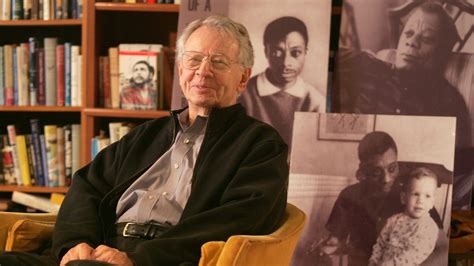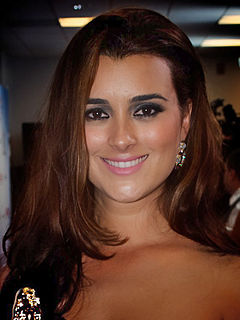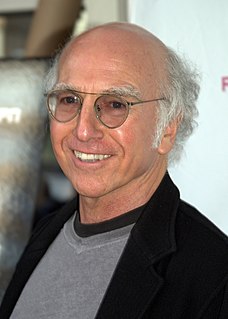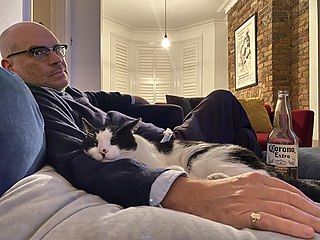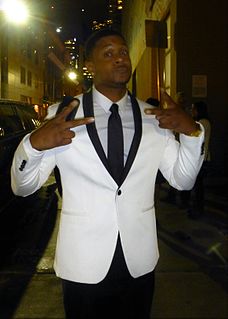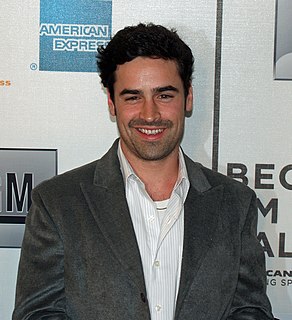A Quote by Xavier Durringer
All politicians have three ways of expressing themselves - the intimate dialogue that can often be violent and raw, then the dialogue in front of the camera and then big public speeches.
Quote Topics
Related Quotes
I hate it when I'm reading a comic, and the dialogue looks like stickers stuck on top to explain what's going on. For me the best is when your eye goes in a certain point and moves through the composition and then springs out on the dialogue, or gets confused in the image and then goes to the dialogue for an explanation.
When I'm writing a script, before I can write dialogue or anything, I have two or three hundred pages of notes, which takes me a year. So, it's not like "what happens next." I've got things that I'm thinking about but I don't settle on them. And if I try to write dialogue before then, I can't. It's just garbage.
When you're doing those operation scenes, you not only have to be on top of the dialogue and the rhythm of the dialogue and what's happening dramatically, but you've got to technically get the rhythm right, so that everything is fitting with the dialogue at the right time. And you're performing the operation to the audience that's watching it. Thackery has to present it, as well. In some ways, that's the most challenging.
I like Quentin Tarantino, especially the early films, but I'm a big fan of Billy Wilder and Preston Sturges... you know, people were writing great dialogue back then. It's as if people only have the memory of the last 15 years. So, before Tarantino no one was writing witty dialogue? That's ridiculous. Why do we have to keep referring to Tarantino?


